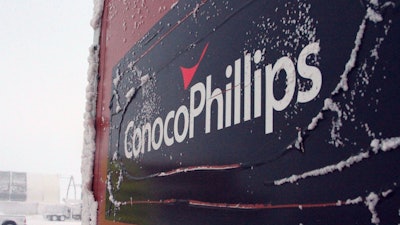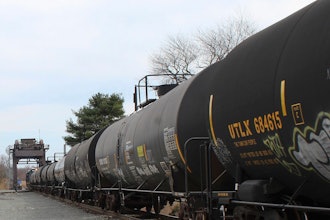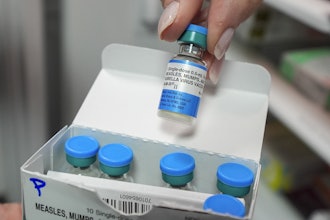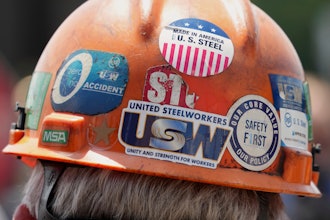
ANCHORAGE, Alaska (AP) — ConocoPhillips, which last week received U.S. government approval for the massive Willow oil drilling project in Alaska, detailed reasons for a natural gas leak at another North Slope field that prompted the evacuation of 300 employees last year.
Officials with the company said that pumping 170 barrels (27,028 litres) of diesel fuel, a freeze-prevention fluid, into a disposal well caused a component to fail and led to the subsequent leak, the Anchorage Daily News reported.
ConocoPhillips officials spoke Thursday at an Alaska Oil and Gas Conservation Commission hearing in Anchorage about the 2022 leak at the Alpine field in northern Alaska. Delayed recognition allowed the leak to continue for days, and the company had not anticipated the shallow underground zone to contain significant amounts of gas.
Erica Livingston, a wells chief engineer for ConocoPhillips Alaska, said the well design has been used many times previously without issues. However, it was not cemented in the area of the zone where the leak occurred because that area was not expected to have gas.
Cementing the well in that area, located about a half mile underground, would have prevented the leak, she said. No gas was detected beyond the drilling site, and no one was harmed by the gas, Livingston said.
The leak at the CD1 drill site began Feb. 27, 2022 but wasn't detected until March 4, 2022. During that time, 7.2 million cubic feet (203,881 cubic meters) of natural gas was released before they were able to capture it.
About 300 personnel were evacuated from the site, which caused concern in the nearby village of Nuiqsut and an investigation by the commission, which oversees oil field operations in Alaska.
Livingston said the U.S. Environmental Protection Agency is also investigating. She called the incident a "significant event" that became a learning opportunity for the company.
ConocoPhillips, the largest oil producer in Alaska, said the company has increased monitoring of pressure at wells and outlined pressure limits and solutions when those are exceeded.
Rosemary Ahtuangaruak, the mayor of Nuiqsut, a community 8 miles (13 kilometers) from the drill site, was one of two members of the public who testified by phone during the hearing.
She said residents hope to learn more about the leak in order to prevent future incidents, especially since Willow will be located about 35 miles (56 meters) west of Nuiqsut. Ahtuangaruak has been vocal in her opposition to the Willow project.
"This event gave our community members much concern," she said. "We want to fully understand to prevent this from happening at the new development that will be nearby our community."
Commission chairperson Brett Huber said the commission will prepare a final report that could include enforcement measures. No timeline for the report's release was given, and Huber declined to answer questions until it is made public.






















